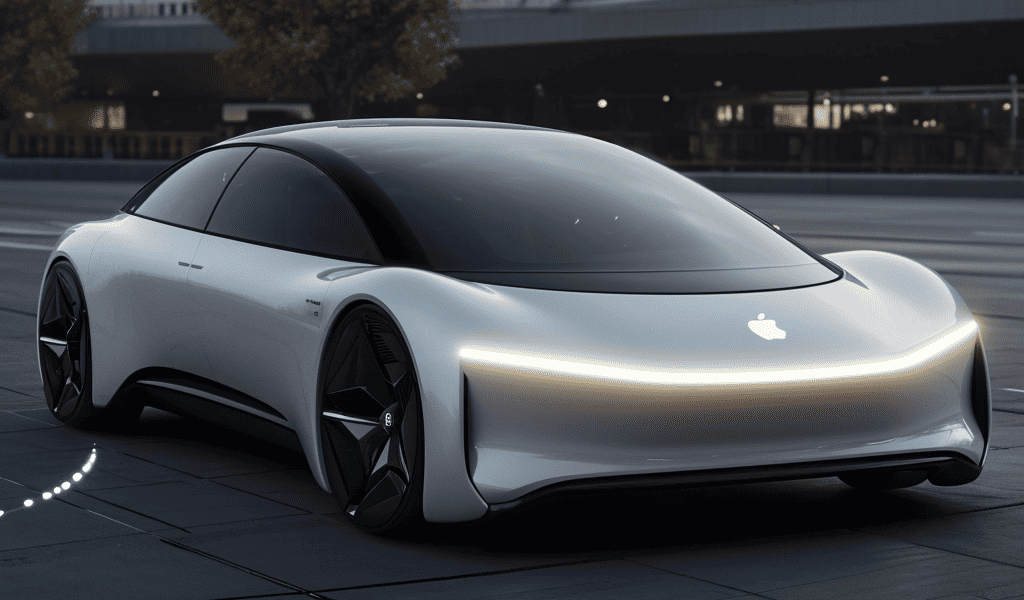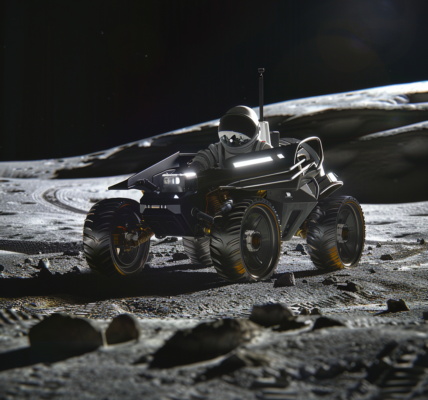Apple Inc. has announced a delay in the launch of its much-anticipated electric car, with the company now aiming for a release in 2028 at the earliest. This comes as a significant shift from its previous plans for a fully autonomous vehicle, indicating a more limited approach to the car’s features.
The decision to scale back the self-driving capabilities of the Apple car follows a series of board meetings, where it was determined that the vehicle would now operate at Level 2+ autonomy, as opposed to the previously envisioned Level 4 technology. This downgrade in the car’s autonomous features has led to a two-year delay in its launch, with the company facing challenges in meeting its initial 2026 release target.
Apple’s foray into the automotive industry has been marked by a tumultuous journey, with the project, codenamed Titan and T172, witnessing changes in leadership, strategic shifts, and multiple setbacks since its inception in 2014. Despite the challenges, the development of an electric car has remained a key focus for Apple, presenting an opportunity to diversify its product portfolio and drive revenue growth.
The revised approach to the Apple car reflects the company’s adaptation to the complexities of the automotive market. Previously aiming for advanced self-driving capabilities, Apple has now aligned its strategy with more basic driver-assistance features akin to those offered by Tesla Inc. The decision to adopt a Level 2+ system underscores the company’s willingness to recalibrate its ambitions for the car, signaling a critical juncture in the project’s evolution.
While the shift in direction may raise questions about the future of Apple’s car initiative, it also underscores the company’s commitment to delivering a product that aligns with market realities. The forthcoming electric vehicle, albeit with scaled-back self-driving features, represents a significant venture for Apple and a potential catalyst for future growth.





